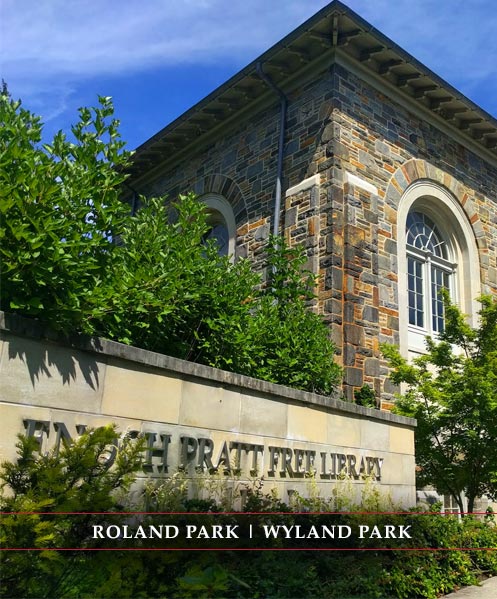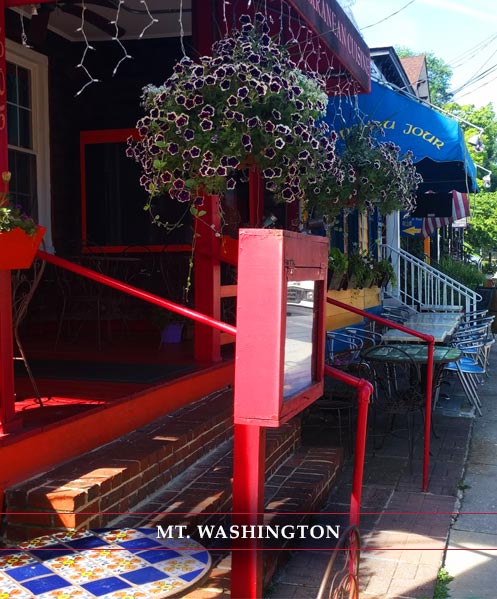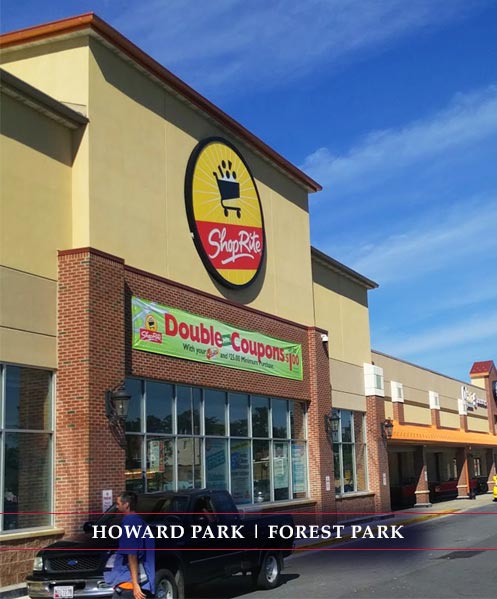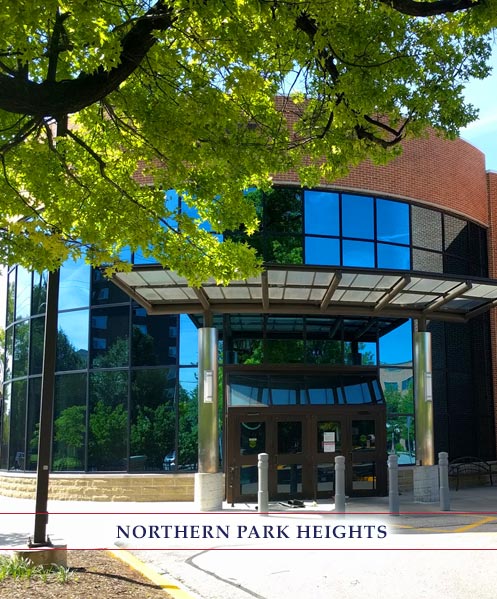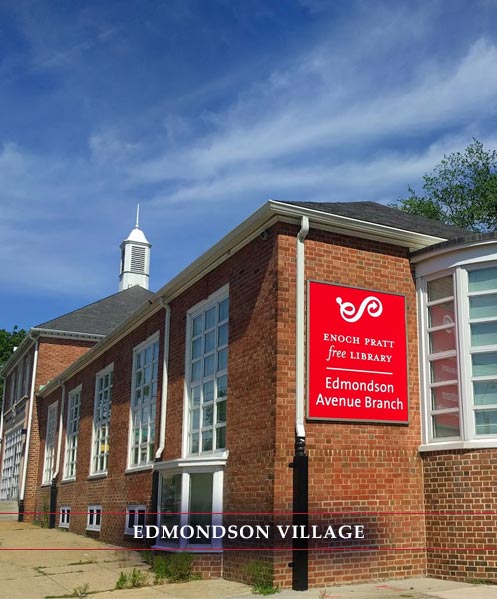Dear Neighbor:
Transforming Pimlico Race Course into an asset that benefits the community and region year round and providing a quality education for all of our children. These are my priorities – for the past 90 days in Annapolis and for the next four years. We made significant progress on these issues and others during this year’s legislative session. I welcome your thoughts on what we achieved and what issues matter most to you.
As you know, Speaker Mike Busch passed away just before the session ended. I was honored to offer a prayer before the House of Delegates in his memory. I said, in part, “As this House, his team, his state evolved on issues, he did more than adjust to that change, he understood it.”
Sandy Rosenberg
The Preakness belongs at Pimlico.
The Preakness is not moving. The Pimlico Race Course property should be transformed by public and private investment into a major economic, health care, and recreational redevelopment project, where the Preakness is held every May. That’s the conclusion of a study conducted by the Maryland Stadium Authority (MSA). It was my idea to have this study.
Keeping the Preakness in Baltimore bolsters the region’s economy. Productive use of the property benefits all of the surrounding neighborhoods. Maryland’s racing industry will thrive from public and private investment in Pimlico, Laurel, and Bowie.
We can achieve those goals by having the City, State, and owners of Pimlico continue the discussions that resulted in the MSA proposal. The 41st District delegation, Senator Jill Carter, Delegates Dalya Attar and Tony Bridges, and myself, will continue to work together and with Pimlico’s neighbors to make this happen.
Investing in our students’ future
The future of our public education system is the most important issue the Governor and the legislature will address during this four-year term. Preparing our students for the 21st Century economy will require:
- Early support for children in pre-kindergarten;
- High quality and diverse teachers and school leaders;
- College or career readiness for all students; and
- Accountability for everyone involved to ensure that all students succeed.
Those are the conclusions of the Commission on Innovation and Excellence in Education. I have already achieved results in two of these areas – expanding pre-kindergarten and providing incentives for our best teachers to stay in the classroom.
I urge you to drive around our district and see the new schools that have opened – Lyndhurst and Pimlico Elementary/Middle Schools and Forest Park Senior High. You can also view the construction underway at Arlington Elementary and Calvin Rodwell Elementary/Middle. Other schools are closing. My colleagues and I are committed to working with the neighbors of these schools to make sure that the new use benefits the community.
Parochial schools also play a vital role in the education of many children in our community. My advocacy helped preserve funding for these students, consistent with civil rights protections and the free exercise of religion.
Combating Hate Crimes
“I’m going to exterminate every single one of you including the
bombings survivors cause [sic] after detonation.”
That message was sent to the Park Heights Jewish Community Center on March 14, 2017.
Sadly, such incidents are part of a dangerous trend. The Anti-Defamation League reported a 67% increase in anti-Semitic incidents in 2017, including physical assaults, vandalism, and attacks on Jewish institutions. However, these threats are not limited to the Jewish community. In Maryland, hate crime reports overall spiked by 40 %, with most incidents occurring in the months before and after the 2016 Presidential election.
The message to the JCC was not a hate crime, however, because it was “only” a threat to commit a crime. There was no substantial step beyond mere preparation, which would have made it an attempt to commit a crime. I introduced House Bill 246. Its passage makes the threat to commit a crime a hate crime if the accused targets a person or group because of their race, color, religious beliefs, sexual orientation, gender, disability, national origin or homelessness.
Hate crimes send a message to members of these groups that they are unwelcome and unsafe in the community. That was true in 1988, when I introduced the bill that became Maryland’s first hate crimes law. The impact of such crimes is graver today.
Public safety, Police vacancies, and Handgun permits
I represent constituents whose primary concern is the crime in their community. I represent constituents whose primary concern is the injustice of unconstitutional police tactics. What am I doing to address these problems?
I will continue to advocate for a constituent or a neighborhood group with a complaint about police conduct or public safety. I will advocate for additional resources to make our neighborhoods safer – more police, better policing, and other safety programs.
There are 500 vacancies in the City police force. The future of the Police Training Academy in Northwest Baltimore is uncertain. A study will consider if the building is being fully utilized and whether the Northwest Police District could be relocated there, under a provision I had inserted in the State’s capital budget.
Individuals seeking to carry, wear, or transport a handgun must apply for a permit from the Maryland State Police and renew it every year. If a request or renewal is denied, the individual can appeal the decision to the Handgun Permit Review Board. From December 2017 through November 2018, Governor Hogan’s appointees to the Board overturned or modified State Police decisions a whopping 83% of the time.
Appeals from the State Police will now be heard instead by administrative law judges, who already decide appeals from decisions by several state agencies. I played a key role in the passage of House Bill 1343.
Targeting Opioids and Studying Marijuana
The number of deaths from opioid-related overdoses in Maryland is now the highest on record. In the first nine months of 2018, there were 1,648 opioid-related deaths. This is an 8% increase from the same period last year, despite our efforts to monitor opioid prescriptions and distribute the overdose-reversing drug Naloxone. This is a tragedy and a crisis.
My legislation creating an Opioid Restitution Fund will be a crucial part of combatting the opioid crisis in our state. House Bill 1274 directs how we spend any revenues recovered by the State from its lawsuit against the opioid industry. The authorized uses include improving access to Naloxone, expanding access to crisis beds and residential treatment services, organizing school education campaigns to prevent opioid use, enforcing the laws regarding opioid prescriptions and sales, and supporting and expanding other substance use treatment and prevention programs.
Crucially, the expenditures from the fund will be in addition to funding that otherwise would be appropriated for such programs and services. The Governor is required to develop an overall mission and objectives for the fund.
Should we legalize recreational marijuana? I will be part of a bipartisan work group of legislators that will try to answer this question this summer. I will focus on the public health effects of legalization, the impact of criminal penalties for illegal possession, and how we could spend the money generated from taxing marijuana.
Making the right choices
No Maryland taxpayer should have to choose between breaking the law and driving to work or the grocery store. Nonetheless, the Motor Vehicle Administration assists the Comptroller in collecting outstanding state income tax obligations by not renewing the driver’s license or renewing or transferring the vehicle registration of taxpayers who have not paid all undisputed taxes and unemployment insurance contributions.
This policy disproportionately affects low-income taxpayers and perpetuates a cycle of poverty. These individuals are unable to drive to work where they can earn money to reduce their outstanding debt.
My legislation, House Bill 241, would end this practice if an applicant has income at or below 200% of the federal poverty level or has a principal tax liability below $10,000. I worked on this bill with Dean Donald Tobin of the University of Maryland Law School, who teaches tax law. HB 241 did not pass, but the Comptroller’s Office will be working with us this summer to address this issue.
The Trump Administration wants to deny people Medicaid if they don’t get a job. Mandatory work requirements in plans submitted by Kentucky and Arkansas were struck down by a federal judge. I will be working with the Hogan Administration to provide voluntary workforce training opportunities to people eligible for Medicaid.
It is a privilege to serve you and the entire 41st District. Many of the issues I bring to Annapolis come from listening to the concerns of you and your neighbors. I hope you will let me know about issues of interest to you and look forward to our working together throughout the year to improve our communities, Baltimore City, and the State of Maryland.





